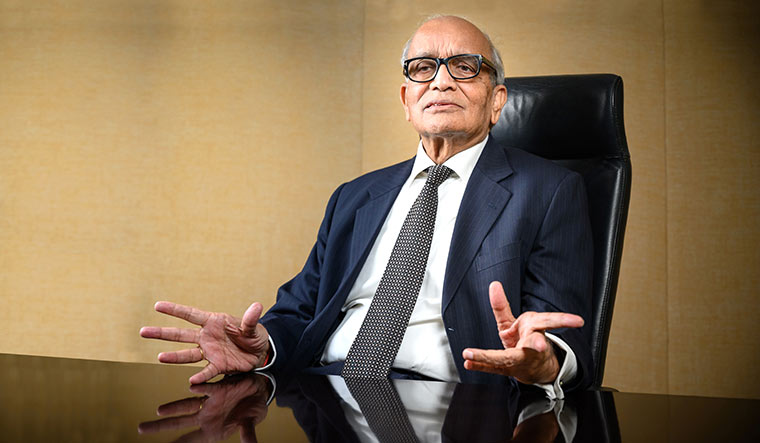Q/ Apart from policy intervention, the book says the Japanese management style is best suited for Indian conditions. The behavioural shift appears to be a tall order.
A/ It is necessary to understand what aspects of Japanese management I am suggesting Indian industry should adopt. There can be no doubt that if workers believe that their future job security and quality of life would be best ensured by their company becoming and remaining highly competitive and prospering as a result, they can make a big contribution to making that happen. That would create a win-win situation for the management and all others and be in the national interest.
Managements need to understand this, as otherwise it is unlikely that global competitiveness can be achieved. They should therefore look for ways to make this happen. That is the essence of the Japanese management system. Incidentally, this kind of management effort would also help to build trust with the political system and be more in consonance with our political and social conditions, making it sustainable over the long term.
Q/ The book draws comparisons between the Nehruvian approach to industrialisation and Modi’s.
A/ The fundamental difference is that in the Nehruvian approach competition was deliberately excluded by policy. There was no objective of making public or private enterprises competitive. There was no realisation that customers, who are the citizens of India, would gain if manufacturing resulted in better quality and lower-cost products. The recommendation in the book is that the emphasis should be on maximising competitiveness and various recommendations have been made on what the government and industry can do. One of these is that manufacturing costs should not be increased to help achieve social justice goals.
Q/ The increased focus on the need for India to become globally competitive is also translating into calls for banning imports from China.
A/ The call to ban imports from China is for reasons other than achieving global competitiveness. Ban on imports is not required for achieving competitiveness. Indian products can compete on merits if manufacturing becomes highly competitive as a result of the political system and industrialists working together to achieve this objective, and adopting the correct policies and strategies.
Q/ You mentioned that despite the 1991 reforms, growth has been fettered by the lack of demand. What are your suggestions for keeping the cost of production low?
A/ Reducing costs of production is one of the essentials for becoming more competitive. If the governments, Central and state, fully accept that they have to help in making this happen, in all their interfaces with industry they should see how costs can be reduced. Governments provide infrastructure, many inputs, and create an environment for industry to function. All of these can become more efficient and be provided at lower cost. Time has a cost and reducing delays would lower costs.
Q/ How do you see the demand for the car industry changing as people will prefer personal vehicles?
A/ It is too early to make any long-term forecast. Presently, there is a shift towards smaller hatchbacks. Customers may again change their thinking in the future.
Q/ Maruti Suzuki has been the market leader because of the brand and pricing. New players are now vying for consumer attention with jazzier products and competitive prices.
A/ The car sector has been competitive for many years. Such competition is good for the industry as well as for customers. MSIL will continue to do its best to remain competitive.
Q/ In a changed world after the pandemic, what are the lessons for the industry?
A/ An opportunity has been created to change our ways of doing business. India has failed to develop fast enough in the past decades and the current opportunity should be used to remedy this by making manufacturing highly competitive and targeting a growth rate of around 15 per cent a year. That will benefit everyone.


